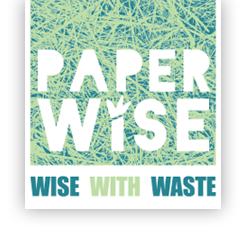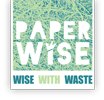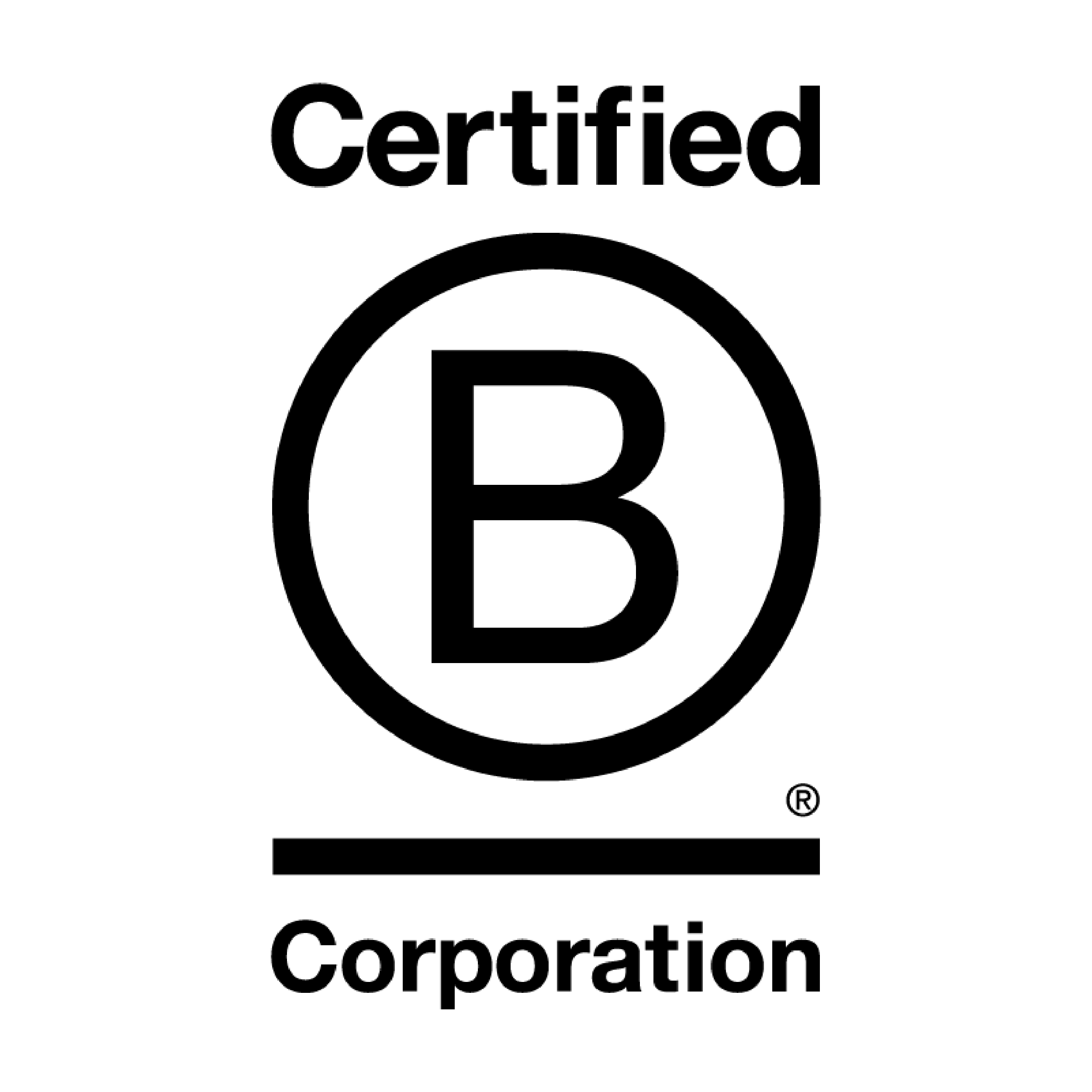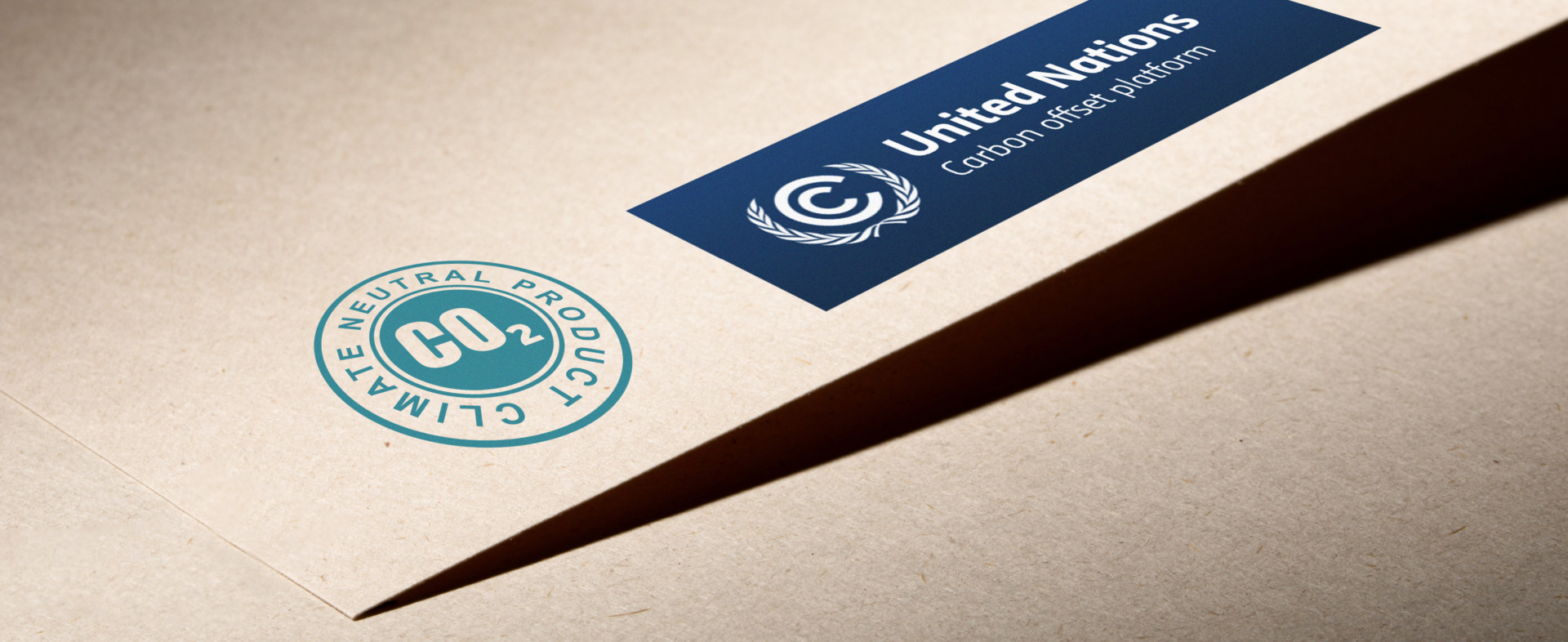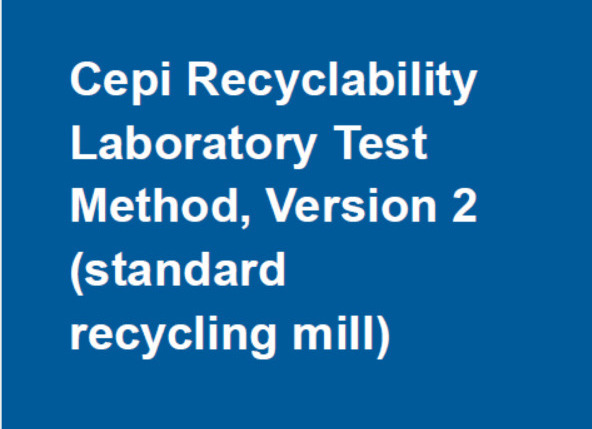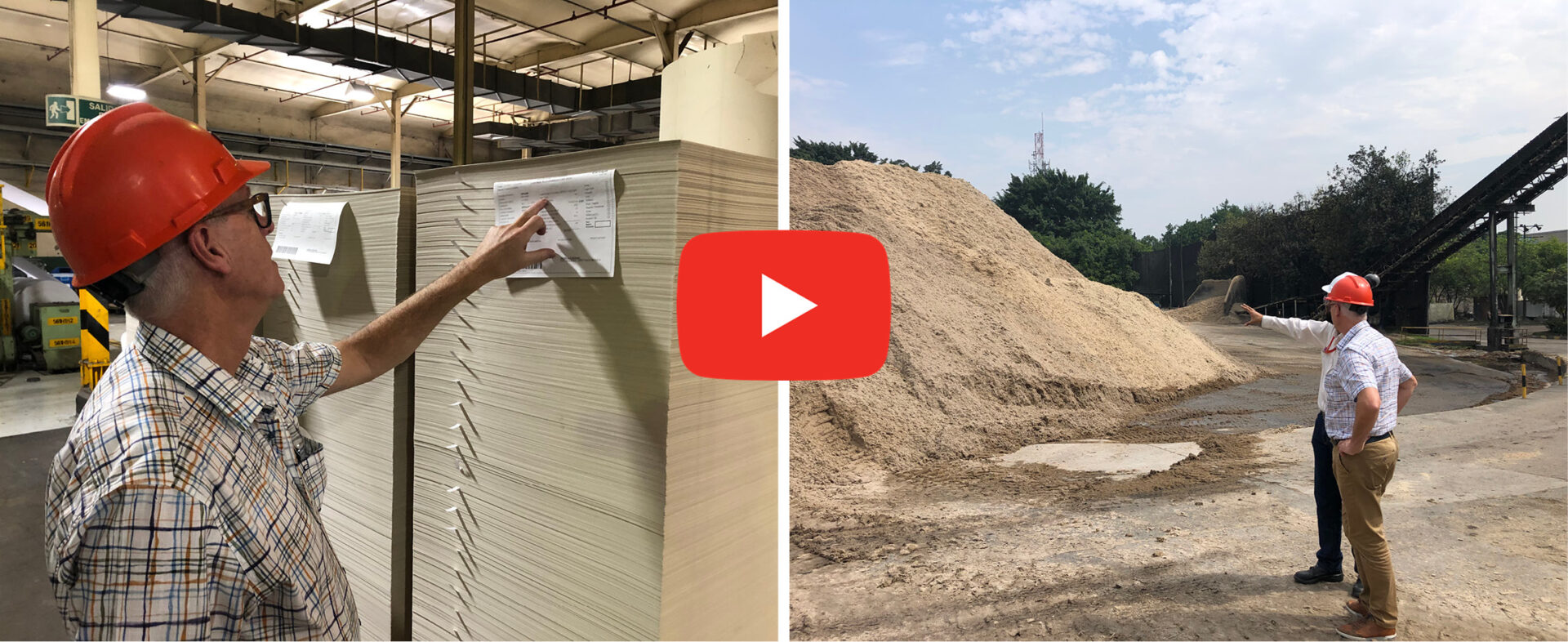
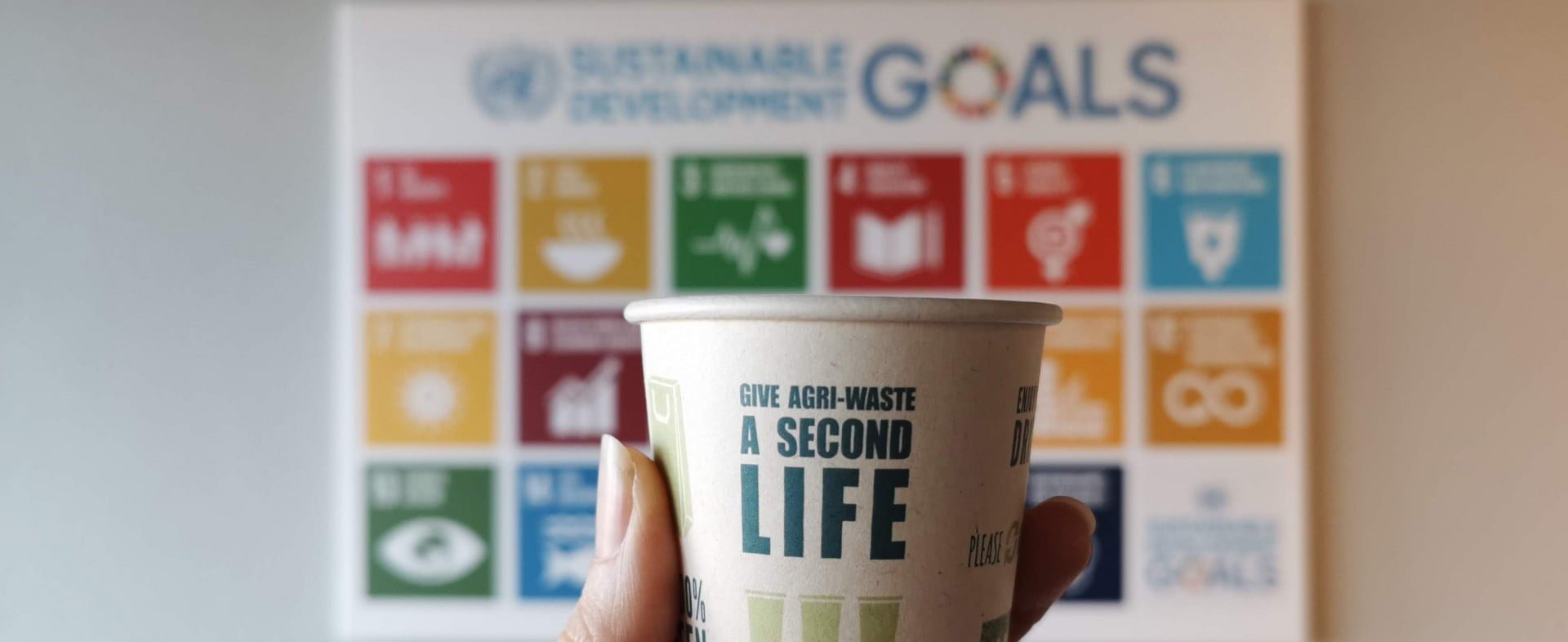
We are raising a toast, as this year marks the fifth anniversary of the Sustainable Development Goals. But what are the SDGs? How can I apply the SGDs in my organization? Which SDG(s) apply to my organization? These are all questions that concern sustainability. Would you like to know how PaperWise uses the Sustainable Development Goals as a guiding principle for our sustainability policy?
When we founded the PaperWise company, we knew one thing for sure: we wanted our company to make a positive contribution to a better world. We want this world to be liveable in the future and one in which our own children, grandchildren, and all subsequent generations can enjoy the natural beauty and biodiversity that the earth currently offers – just like we can. We already knew that the paper industry was very sustainable, yet we still saw sufficient opportunity to take socially responsible entrepreneurship to the next level. In our policy and strategic decisions, we use the SDGs as a compass to determine the future of our organization.
SDG is the abbreviation of the Sustainable Development Goals set out by the United Nations. The United Nations (UN) was founded in 1945, at the end of the Second World War. This organization’s goal is to have all 193 countries connect with one another, talk with one another, negotiate, and agree compromises that benefit all parties. Its four most important policy areas are:
• The promotion of international peace and security.
• The development of friendly relationships between countries.
• Promoting collaboration in solving international issues.
• Promoting the enforcement of human rights.
Within the framework of these policy areas, the Sustainable Development Goals were launched in 2015. They represent goals that apply the world over in the pursuit of sustainable development. Political leaders of the 193 member countries from around the world signed the 2030 agenda for sustainable development, which includes the 17 SDGs. These goals call on countries, companies, and people to take action to end poverty, protect the planet, and improve the lives and prospects of everyone, everywhere. This means ending extreme poverty, inequality, injustice, and climate change. That is the core of the Sustainable Development Goals (SDGs). The seventeen Sustainable Development Goals represent the foundation of the 2015-2030 agenda for global sustainable development.
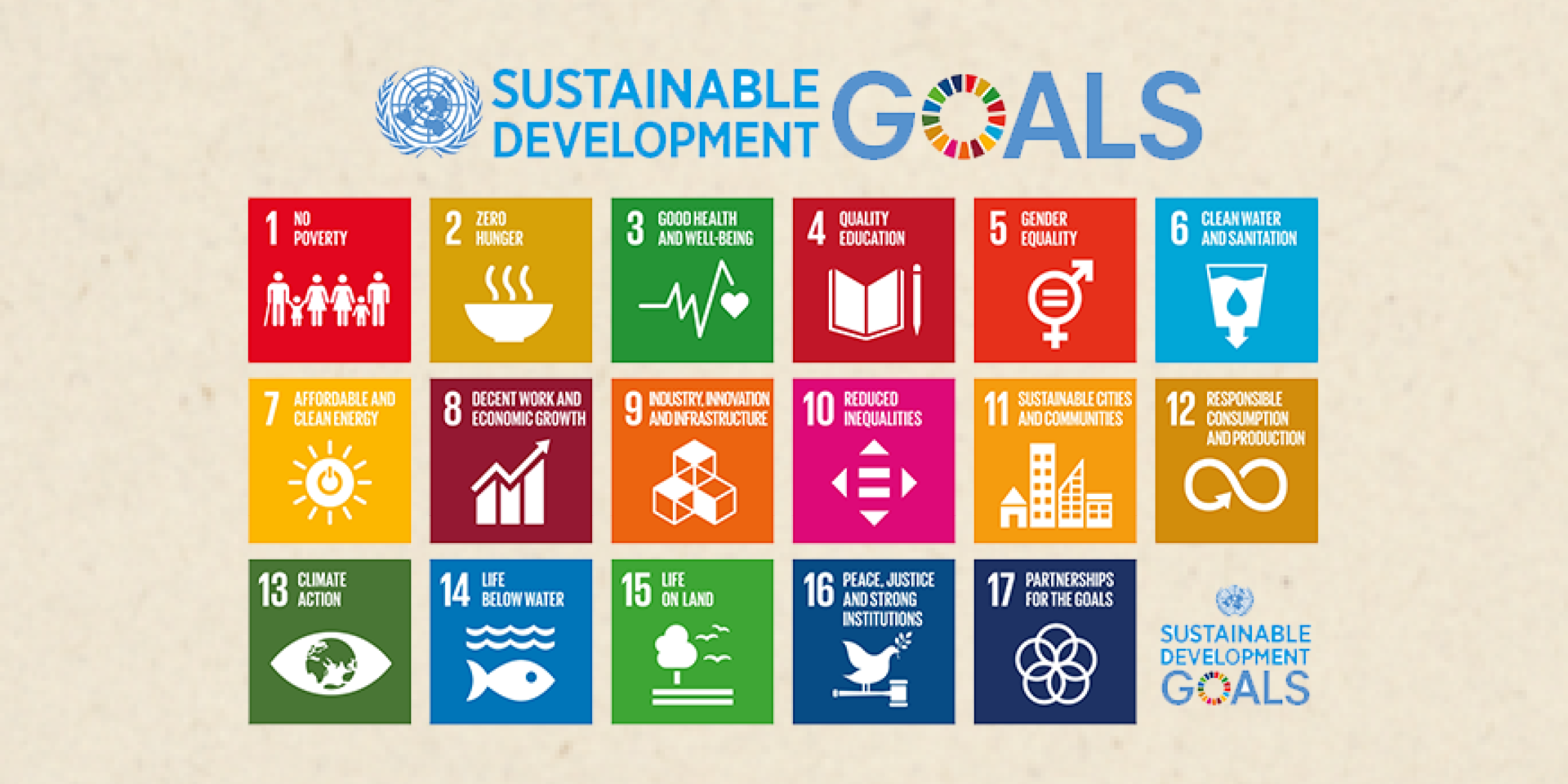
At PaperWise, we first carefully studied the seventeen SDGs. We wanted to find out which SDGs were specified and what the SDGs apply to. We also asked ourselves how our policy and strategy could make as great a contribution to the SDGs as possible. As PaperWise, we do not focus on a few SDGs. Instead, we continually consider all seventeen SDGs as a whole when we make strategic decisions. What are our direct and indirect influences and which SDGs do they influence? Consider the following example.
PaperWise is a Social Enterprise that aims to make a positive contribution to a better world. We achieve this with paper and board from agricultural waste for printing, packaging, and office supplies. When crops such as rice, grain, and sugar cane are processed, 80% of the plant – its stems and leaves (agricultural waste) – is left unused. Each year, billions of tonnes of agricultural waste become available worldwide, of which the vast majority is currently incinerated! This results in the loss of valuable resources, unnecessary CO2 emissions , and environmental pollution in the soil and air. Hundreds of millions of small-scale farmers on very low incomes in developing countries receive income only for the food that the plant produces, which is only 20% of the actual plant. It is our mission to add as much value as possible in agricultural waste into environmentally and socially responsible paper and board. As a paper company, we set a good example and raise awareness while also inspiring the market, the paper industry, and politicians to take action and follow our idea, based on the following starting point and conditions:
• the share of agricultural waste as a raw material in PaperWise should be as high as possible
• the PaperWise paper and board quality is both high and consistent
• the farmers receive a fair price for their agricultural waste
• Supply chain partners continuously implement improvements that contribute positively to the SDGs
Only together can we increase the share of paper & board made from agricultural waste. Good collaboration with the various stakeholders is very important in this respect. Our view of the standard for collaboration in the supply chain is comprised of four principles:
1. long-term collaboration
2. working together to reduce environmental impact and social impact while increasing quality, efficiency, and productivity
3. traceability and analysis of ingredients and raw materials
4. paying a fair price
By working in an honest and transparent way, we strive for environmentally friendly, socially responsible paper & board made from agricultural waste. By setting a good example as a paper company, raising awareness and getting industry, the political landscape, and consumers to change. The sourcing of paper with the lowest environmental impact and greatest contribution to society plays a very important role in our efforts to create a paper industry in which plant waste is seen as a valuable raw material for paper & board.
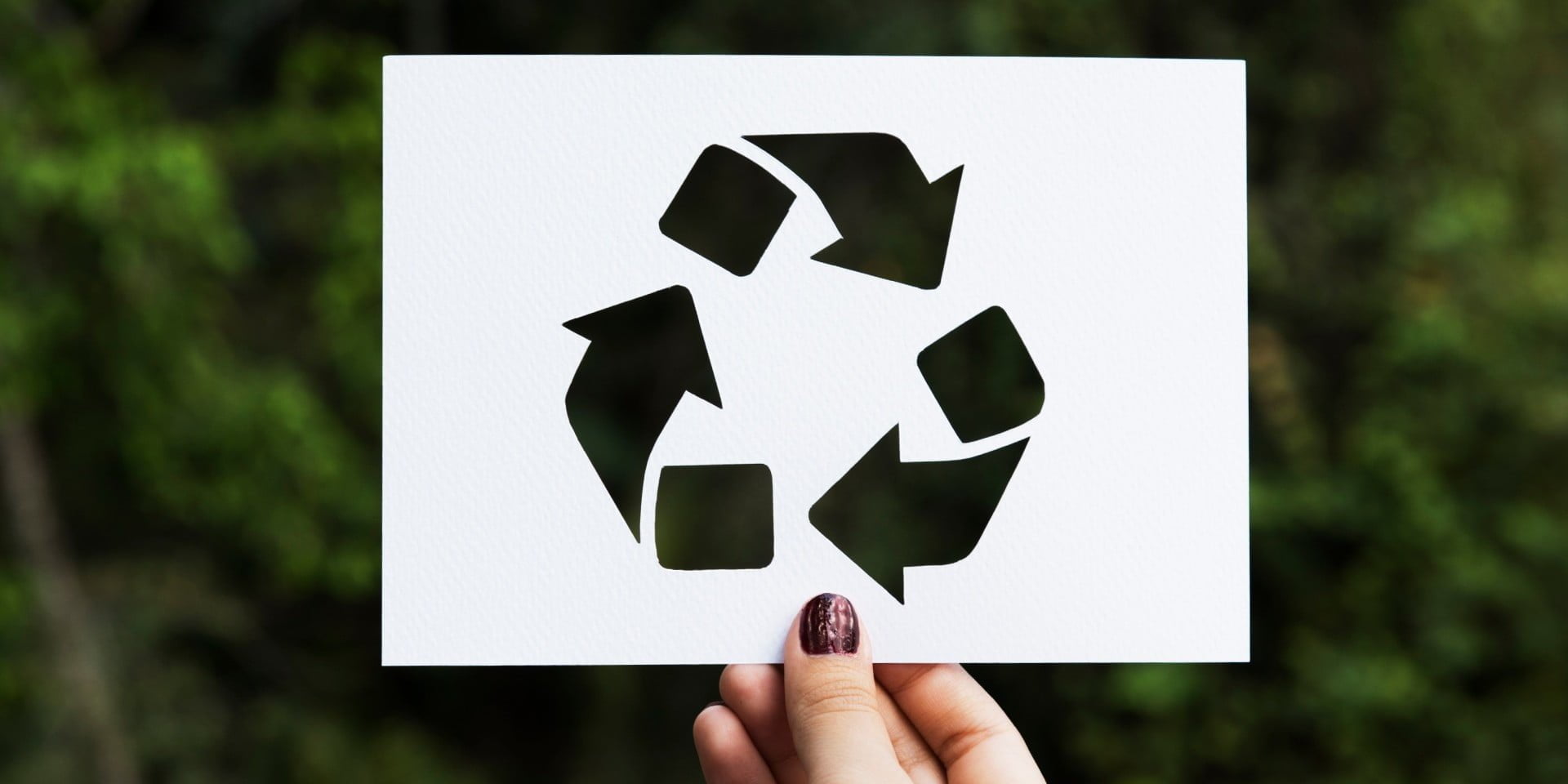
Currently, we are investing all profits back into the company to ensure PaperWise becomes bigger and more successful and can therefore generate an even more positive impact. Our policy sets out that, from a minimum amount, a portion of the profits will be invested in SDG projects in the regions where our production partners are located. With these investments, we can make a positive contribution to the other SDGs that our company is not directly involved in. In this way, we can make a positive contribution to all seventeen SDGs.
Would you like to help create a circular economy? Would you like to contribute to reducing poverty, increasing biodiversity, and reducing climate change? And would you like to do this without making concessions on quality? Then choose the sustainable packaging and printed materials made from PaperWise paper and board! Wise With Waste, together.
